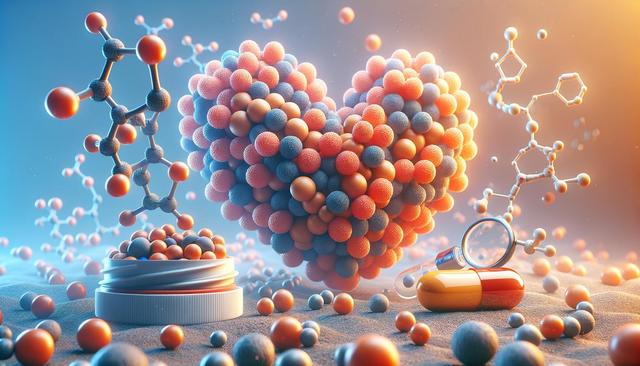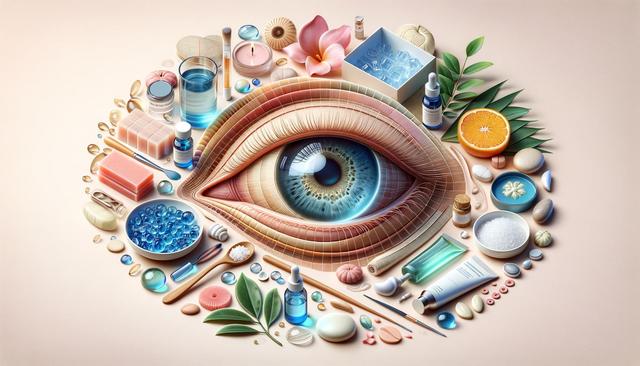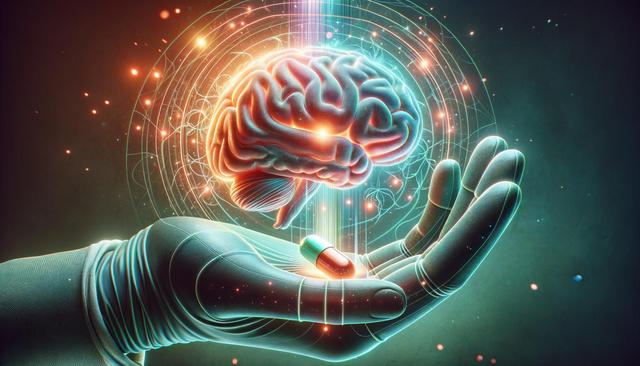What is High Cholesterol?
Cholesterol is a waxy substance found in your blood that your body needs to build healthy cells. However, when levels become too high, it can increase the risk of heart disease. So, what is high cholesterol? It refers to an excess of low-density lipoprotein (LDL), commonly known as ‘bad’ cholesterol, in the bloodstream. High levels of LDL can lead to plaque buildup in arteries, which narrows them and makes heart attacks or strokes more likely. On the other hand, high-density lipoprotein (HDL), or ‘good’ cholesterol, helps remove LDL from your system, offering some protection.
Cholesterol levels are influenced by genetics, diet, and lifestyle. A blood test is the only way to diagnose high cholesterol, as it often doesn’t show symptoms until complications arise. Regular screenings are essential, especially for adults over 40 or those with a family history of heart disease.
4 Signs of High Cholesterol
Although high cholesterol is frequently called a “silent” condition due to its lack of obvious symptoms, there are some indirect indicators that may point to elevated levels:
- Chest pain or angina, especially during physical activity
- Yellowish deposits on the eyelids (xanthelasma)
- Leg pain while walking, which may indicate peripheral artery disease
- Sudden dizziness or slurred speech, which can be warning signs of a stroke
Recognizing these 4 signs of high cholesterol early can be life-saving. If you experience any of them, it’s important to consult a healthcare provider and consider a lipid panel test to confirm cholesterol levels.
Causes of High Cholesterol
There are several causes of high cholesterol, many of which are within your control. The most common contributing factors include:
- Poor dietary choices, especially foods high in saturated fats and trans fats
- Lack of physical activity and a sedentary lifestyle
- Smoking, which lowers good cholesterol and damages blood vessels
- Excess weight and obesity, which are linked to higher LDL levels
- Genetics, as some people inherit conditions that affect cholesterol metabolism
Medical conditions such as diabetes and hypothyroidism can also contribute to high cholesterol. Addressing these underlying issues is an essential part of comprehensive treatment.
Natural Ways to Lower Cholesterol
Many individuals prefer to begin with natural ways to lower cholesterol before considering medication. These lifestyle changes, when consistently followed, can significantly improve lipid profiles:
- Increase your intake of soluble fiber, found in oats, beans, and fruits
- Incorporate healthy fats like those in avocados, nuts, and olive oil
- Engage in at least 30 minutes of moderate exercise most days of the week
- Limit alcohol consumption and avoid tobacco use
These steps not only help reduce LDL but also support overall cardiovascular health. Staying consistent with dietary and lifestyle adjustments is key to achieving lasting results.
Diet and Supplements for Cholesterol Support
When it comes to managing cholesterol, nutrition plays a central role. The best diet for high cholesterol typically includes:
- Plenty of fruits and vegetables, providing antioxidants and fiber
- Whole grains like brown rice and whole wheat bread
- Lean protein sources such as legumes, tofu, and fish
- Foods fortified with plant sterols or stanols
In addition to dietary changes, some individuals turn to supplements to reduce cholesterol. Popular options include:
- Omega-3 fatty acids, commonly found in fish oil
- Soluble fiber supplements like psyllium husk
- Niacin, a B-vitamin that supports HDL cholesterol
- Plant sterol supplements
Before starting any new supplement routine, it’s advisable to consult a healthcare professional. For those looking to support their regimen, it’s possible to buy cholesterol support supplements online or in health stores, but quality and brand integrity should always be considered.
Conclusion: Taking Control of Your Heart Health
Managing cholesterol is an ongoing process that involves awareness, lifestyle changes, and sometimes medical support. By understanding what is high cholesterol, recognizing the 4 signs of high cholesterol, and addressing the causes of high cholesterol, individuals can take proactive steps toward better health. Incorporating natural ways to lower cholesterol and following the best diet for high cholesterol are practical and effective strategies. For those needing additional support, many choose to buy cholesterol support supplements as part of a broader wellness approach. Ultimately, consistent choices and informed decisions can lead to long-term benefits for heart health and overall well-being.




Leave a Reply